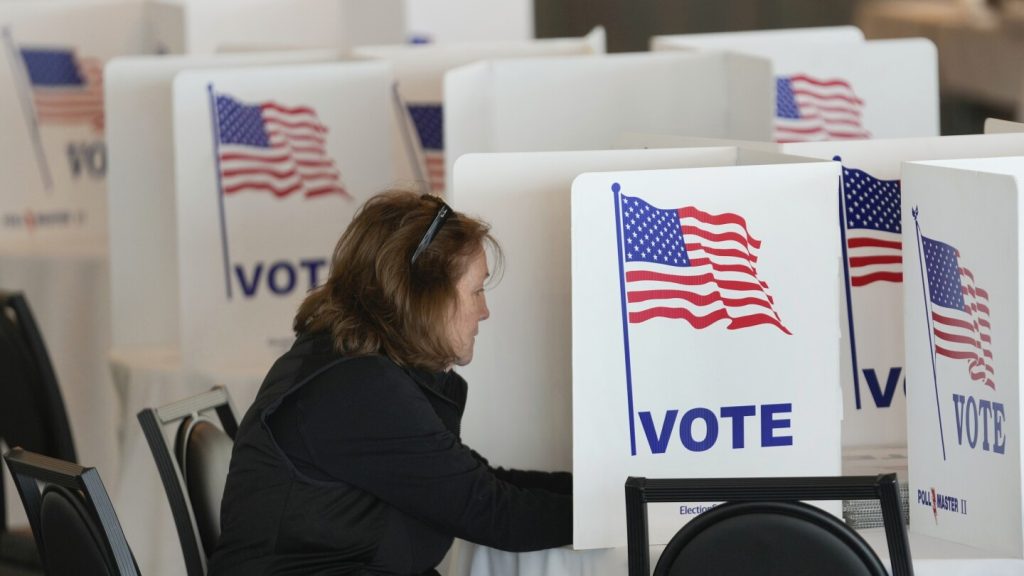As Election Day approaches, state and local election officials are facing a resurgence of conspiracy theories and misinformation about voting. These false claims, largely propagated by former President Donald Trump, have eroded public confidence in elections and the officials who oversee them, particularly among Republican voters. Despite investigations finding no widespread fraud in the 2020 election, the spread of false information continues to pose challenges for election officials who are trying to debunk rumors and ensure the integrity of the upcoming election.
In recent weeks, prominent figures like U.S. Rep. Marjorie Taylor Greene and Elon Musk have spread conspiracy theories about voting machines and voter fraud. Greene claimed that a voting machine in her Georgia district changed a voter’s ballot, while Musk promoted various false claims about voting machines at a rally for Trump in Pennsylvania. The influx of misinformation has made the job of election officials more difficult, as they struggle to combat false information on social media and other platforms.
The spread of misinformation about elections has led to a wave of harassment, threats, and turnover of election workers. It has also fueled skepticism and doubt among voters, which could have long-lasting consequences for the democratic process. The false claims made by Trump and his supporters have already contributed to the violent attack on the U.S. Capitol on January 6, 2021, and continue to pose a threat to the integrity of the electoral process.
Despite efforts by election officials to debunk false claims, conspiracy theories about election fraud persist. Claims of “vote flipping” have been reported in states like Georgia and Tennessee, but election officials have attributed these incidents to human error rather than intentional manipulation of voting machines. Some politicians, like Republican Jerrod Sessler in Washington state, have even shared misleading videos suggesting that fraudulent ballots can be easily created, without acknowledging the safeguards in place to prevent such actions.
As the 2024 election approaches, election officials are bracing for a new wave of misinformation and conspiracy theories. Elon Musk’s endorsement of Trump and his repeated dissemination of false information about voter fraud are concerning for election administrators, who are already dealing with a deluge of misinformation on social media platforms. The challenges posed by misinformation threaten the credibility of the electoral process and highlight the need for increased efforts to educate the public and combat false narratives about elections.


